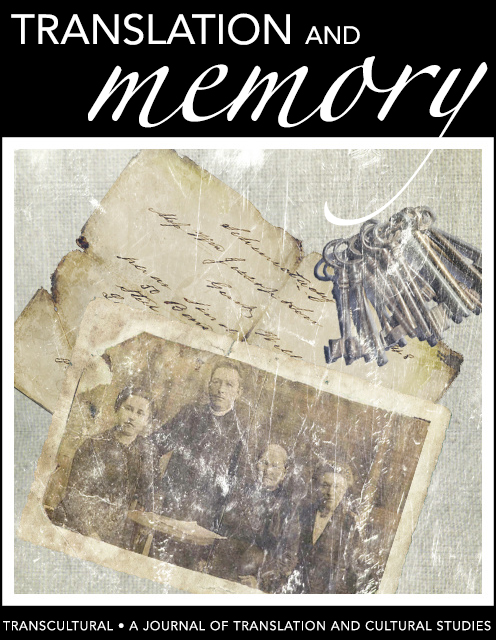Making Your Memory Mine: Marie de France and the Adventures of the Bretons
DOI:
https://doi.org/10.21992/T9GG9VKeywords:
Translation, Marie de France, Lais, Hermeneutic MotionAbstract
The twelfth-century Anglo-Norman poet Marie de France undertook to preserve for posterity the adventures and romances embodied in a vanishing genre, the old Breton lais as she had heard them recounted by minstrels. That she succeeded is evidenced by the popularity of these lais for more than eight hundred years; that she perhaps succeeded too well is suggested by the fact that, within a century of her lifetime, the Breton lais had become exclusively a French form of literature, and whatever might have been the original form, linguistic structure and cultural content in Breton has been relegated to the realm of hypothesis. This raises questions about the relationship between translation and cultural autonomy. Marie’s purported memorial to the Bretons became instead an institution of French language and culture. Had the Breton features been totally effaced, this could be called assimilation; had they been preserved intact, it would have been literal translation. In fact, Marie’s work can be reduced to no such simple binary. Nor can her aims be analyzed through any single lens, whether political, religious, cultural or artistic. Rather, I argue that her unsettling and robust positioning of contradictory elements—sorcery, sensuality, feudality, religion—results from her strategy of adopting the memory of the Bretons: neither glossing over its strangeness nor highlighting it as foreign, but making its distant and exotic characteristics part of her own invented heritage. I conclude that her translation project is more effectively analyzed as an ethical process of incorporation and restitution (Steiner) than as a placement along the spectrum of foreignization versus domestication (Venuti).Downloads
Published
Issue
Section
License
Authors who publish with this journal agree to the following terms: a.Authors retain copyright and grant the journal right of first publication with the work simultaneously licensed under a Creative Commons Attribution License that allows others to share the work with an acknowledgement of the work's authorship and initial publication in this journal. b.Authors are able to enter into separate, additional contractual arrangements for the non-exclusive distribution of the journal's published version of the work (e.g., post it to an institutional repository or publish it in a book), with an acknowledgement of its initial publication in this journal. c.Authors are permitted and encouraged to post their work online (e.g., in institutional repositories or on their website) prior to and during the submission process, as it can lead to productive exchanges, as well as earlier and greater citation of published work (See The Effect of Open Access).



